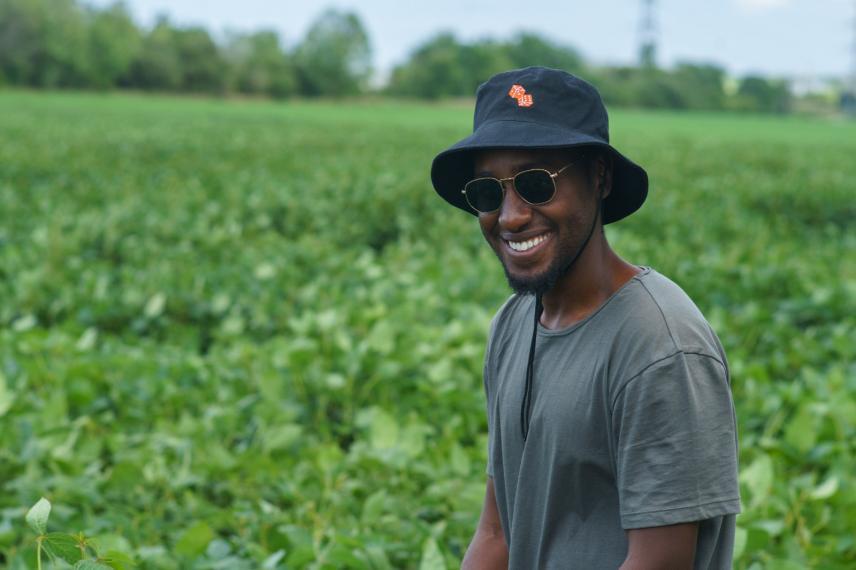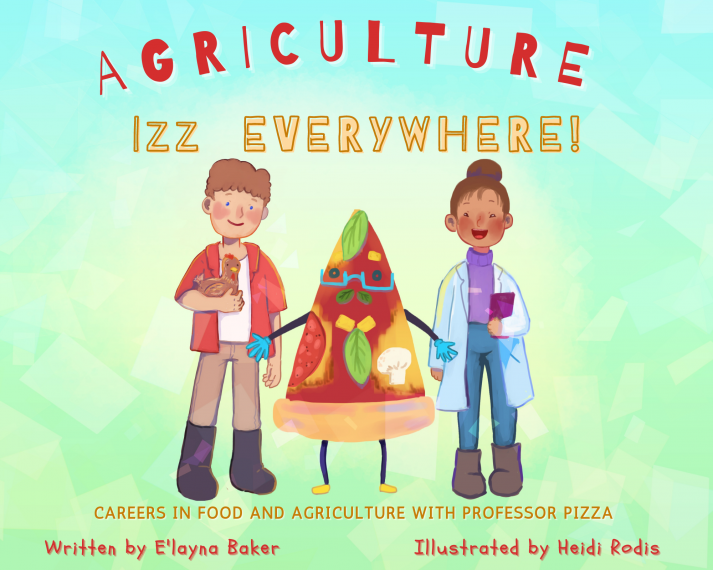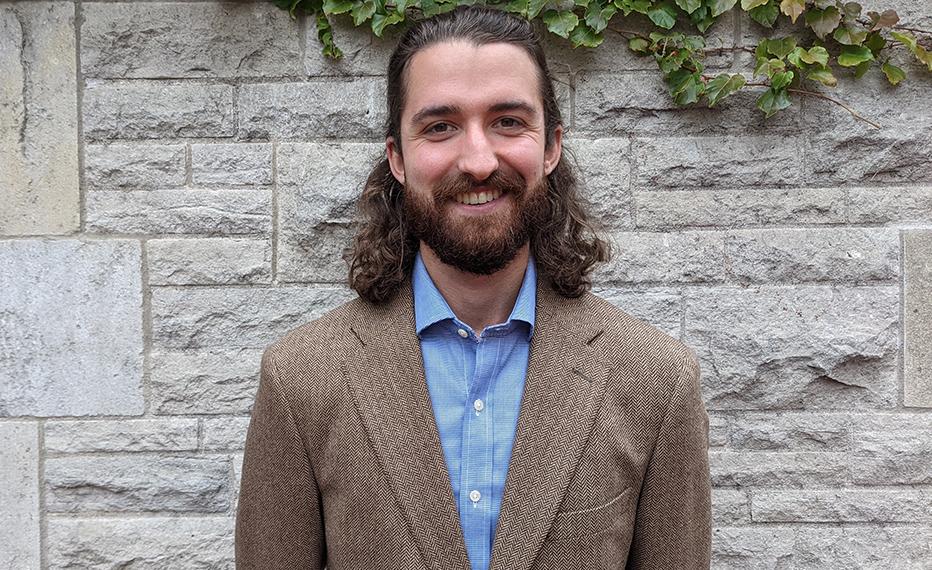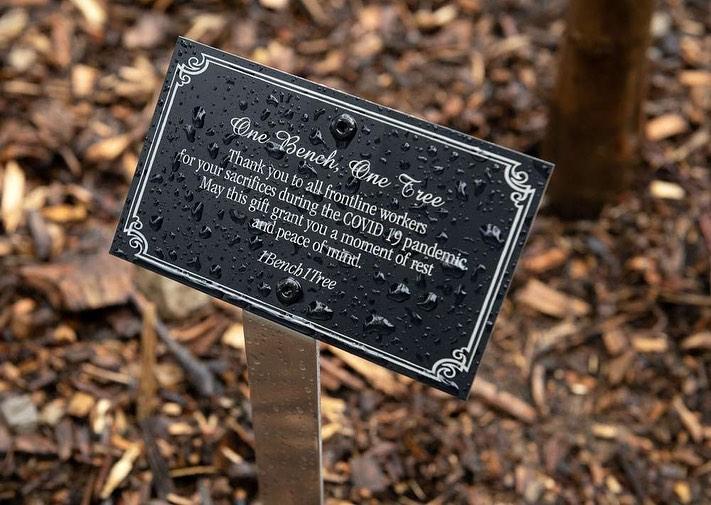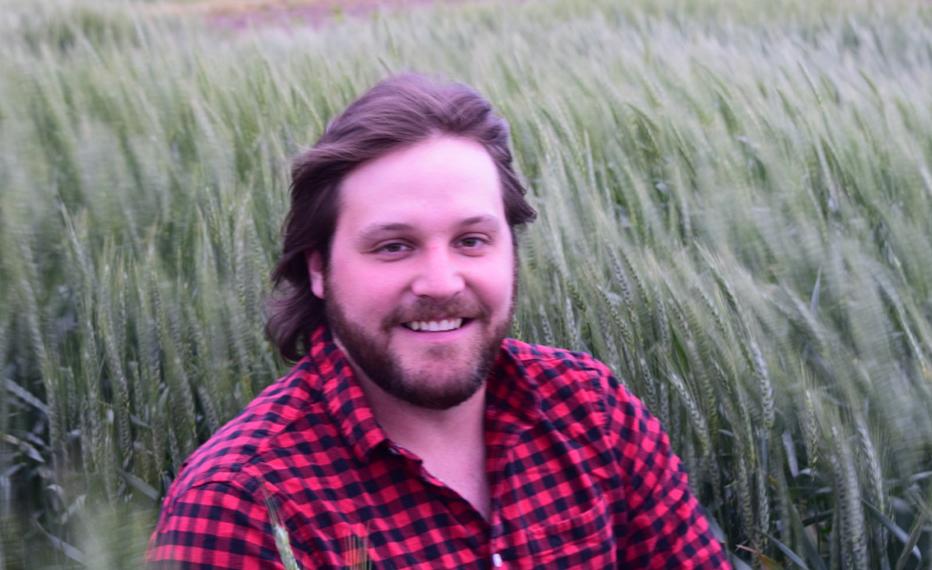
Q&A with a research and soil health program coordinator
Dillon Muldoon is an advocate for research and passionate about making a difference in agriculture and food systems. He works as the Research and Soil Health Program Coordinator at the Ecological Farmers Association of Ontario (EFAO), a non-profit organization based in Guelph, ON. We recently chatted with him about his role and the importance of farmer-led research.
